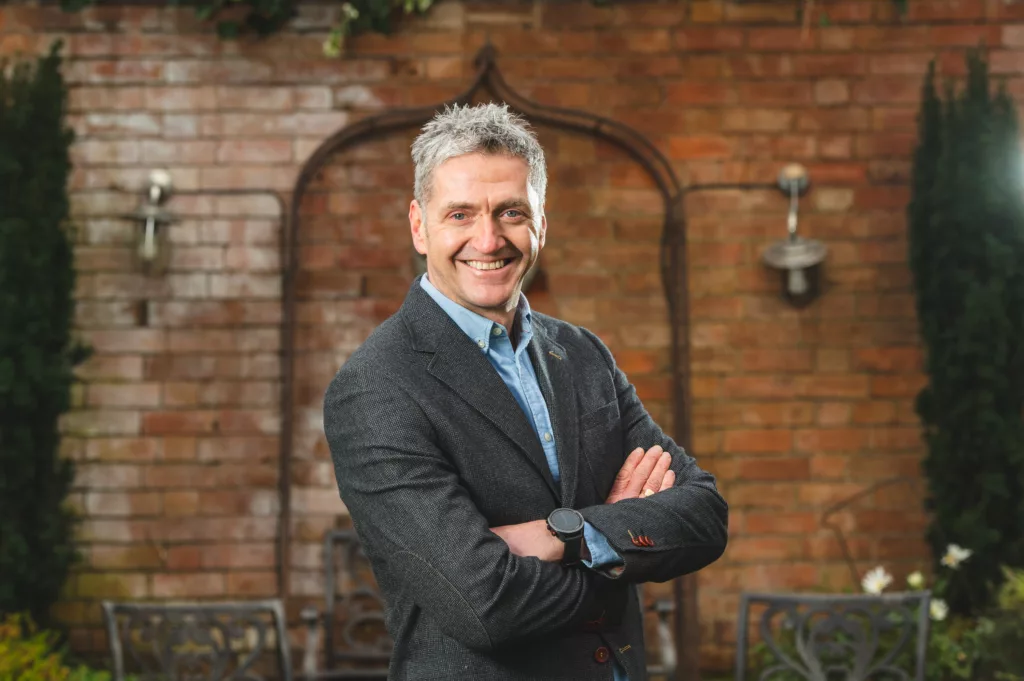Is the human capacity to differentiate between “right and wrong”, “good or evil” and “better or worse” hard-wired into our DNA? Or are we primarily a “blank canvas”, where values are driven by the cultures we grow up in? And do they evolve in response to the unique experiences that form our personal life story as our individual and collective lives unfold?
In this article, I’m going to explore each avenue and summarise a simple and unifying hypothesis that is easy to articulate to your clients and practical to apply in your everyday life and work.
Firstly, if you want to understand where your values come from and why your awareness of them is so important, it’s necessary to form a basic understanding of the evolution of the human brain and the key behavioural models that have arisen out from the study of sociology and human psychology.
Let’s begin by defining what I mean by “values”. I think of them as the foundation stones upon which human beings (individually and collectively) form moral and ethical judgements about the relative value, significance and importance of anything.
As William Shakespeare observed, our capacity to form value judgements exists solely in the human mind, so it is into the human mind we must delve to understand them:

Modern anthropologists and evolutionary psychologists like Yuval Noah Harari suggest the human capacity to make value judgements arises from an intricate dance between our nature and our nurture. Every individual life history impacts the development of each persons unique personal values within the range of potential outcomes allowed by their genetics – but also find evidence of general classifications of values that (to a greater or lesser extent) appear to guide humanity as a whole.

Nature’s Foundation: Biology and Evolution
Our values have roots in our evolutionary history, as Harari describes in Sapiens and Homo Deus. Basic moral tendencies like empathy, fairness, and cooperation were essential for survival, helping early human groups thrive by strengthening bonds and encouraging mutual support. In this sense, biology gives us an initial “moral compass” influenced by the survival needs of our species.
The Role of Nurture: Culture, Society, and Personal Experience
While nature sets a foundation, our unique personal upbringing and surroundings bring complexity and individuality to our values. Scholars like Abraham Maslow and Clare Graves highlight the importance of cultural influence on value formation.
For example, Maslow suggests that our values naturally evolve as we find ways to fulfil a basic hierarchy of human needs – from general survival-focused beliefs to deeper desires for unique Self-actualisation.

Graves’ Spiral Dynamics and values system theory offers a framework for understanding how personal and cultural experiences drive the dynamic evolution of individual values. It posits that values develop hierarchically within a model of “self” and “others,” shaped by the challenges and milestones we face. According to Graves, the basis of our value judgments reflects the highest “level” of thinking we’ve reached, representing an adaptive response to the complex demands of our lives. Each stage in this hierarchy marks a step in our cognitive and moral evolution, as our brains develop to meet our personal and social needs more effectively.

Whilst the Maslow and Graves theories can be used to explain how personal experiences within family, community, and broader society influence the development of our unique values, Shalom Schwartz came from the opposite perspective, and developed a “universal values” model to illustrate and explain how all human cultures and societies tend to emphasise the same common values, like benevolence or achievement, albeit to a greater or lesser extent.
This cultural-level perspective on personal values seeks to explain societal influence on our individual moral development, with “nurture” having a more significant impact on our beliefs and how we judge “right” and “wrong” in different contexts:

The Dynamic Interaction Between Nature and Nurture
Nature and nurture work together in a dynamic, evolving process. Genetics may influence certain tendencies, but cultural norms, personal development, and education all refine and, at times, even redefine them. Harari’s work reminds us that our capacity for cultural change is one of the unique “super-powers” of humanity, enabling us to adapt our individual values to meet new challenges or life stages.
The Takeaway
As Maslow, Graves, and Schwartz have shown, our values are a blend of nature’s influence, the cultural environment we are born into, and our personal life journey. They are both universal and uniquely personal, shaped by a complex interplay of genetics and experience. By understanding the origins of our values, we gain deeper insight into who we are – and how we connect with our Self and others on this shared journey.
My ultimate conclusion is that if you want to live a meaningful, purposeful and rewarding (i.e. fulfilling) life, you must accept personal responsibility for raising your conscious awareness of what is truly of value and importance to you, and then you must do what you can to live your life (review your options, make choices and take actions) in ways that align with and honour your highest values as they inevitably evolve. It’s not a particularly difficult or onerous task, but it does take concerted effort.
If you’re feeling you’re unsure regards how to do this, feel free to reach out, as I’m sure I’ll be able to help.



